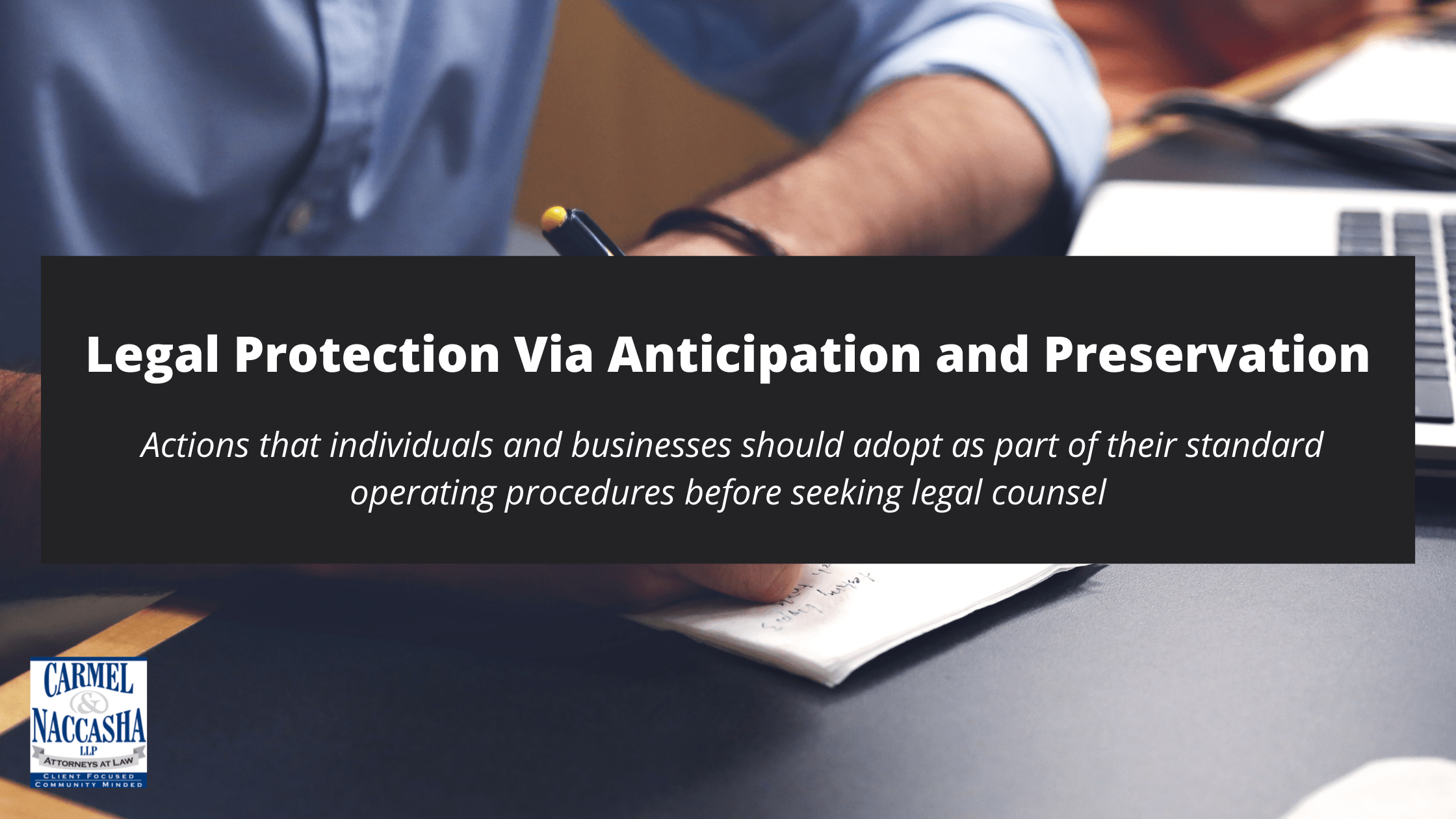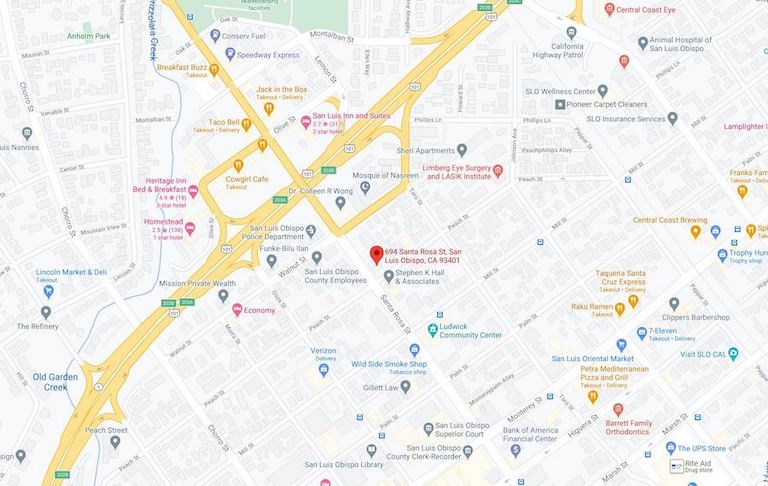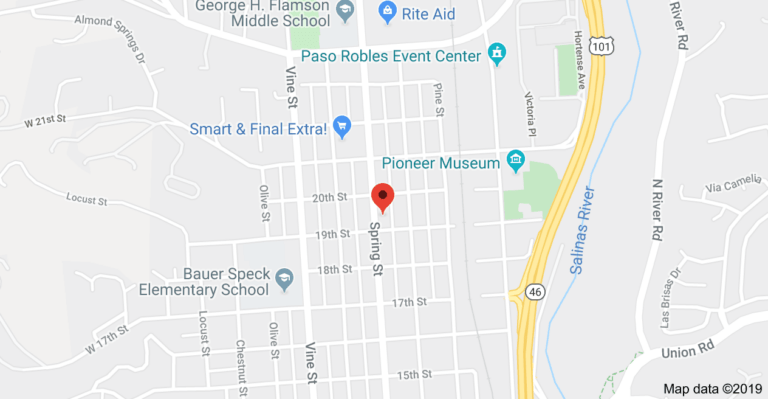Legal Protection through Data Retention
There are data retention steps that all clients should incorporate into their businesses’ standard operating procedures. These actions may help to protect the client in the face of a potential claim or lawsuit. Legal services operate at their best, and can most effectively guide clients to desired outcomes, when the client is empowered with a strong arsenal of information.
Maintaining Records
In any industry, maintaining complete and thorough records is a wise business practice. For example, suppose your business produces and ships disposable facemasks across the United States, and someone claims a mask is defective and threatens to sue. It is important for your business to memorialize the details of its daily business operations around the production and shipment of its allegedly defective masks, responsive to that claim.
Traceability
Each mask should be traceable to a record. Because supply chains involve multiple individuals performing specialized tasks, the business should also track each of the parties involved in those tasks. This includes all records for the people, companies, and processes that:
- Take the orders;
- Buy the materials;
- Manufacture the masks;
- Package the masks;
- Transport the masks; and
- Deliver the parcels.
With a thorough record of every transaction, a business can identify the relevant players and facts in any claim, and can more easily trace an incident to the source of its error.
Retaining customer information
Sometimes claims occur in bad faith, so it is important to maintain tracking information on each customer, and to retain the information for a certain amount of time (somewhere between 3 and 10 years). Truth seeking is the goal; contracts, work schedules, timelines, emails, texts, invoices and receipts all can guide the factfinder to the facts. It is therefore recommended for clients to develop a process for maintaining easily searchable information that can aid in defending any claim.
Contact Legal Professional
The information provided herein does not, and is not intended to, constitute legal advice; instead all information, content, and materials are for general informational purposes only.
If you have any questions, contact Carmel & Naccasha or if would like to seek legal counsel, please reach out to Z Naccasha. For more details, read our full disclaimer.
Thank you to William Rigali for assisting with research aiding in the creation of this post.



